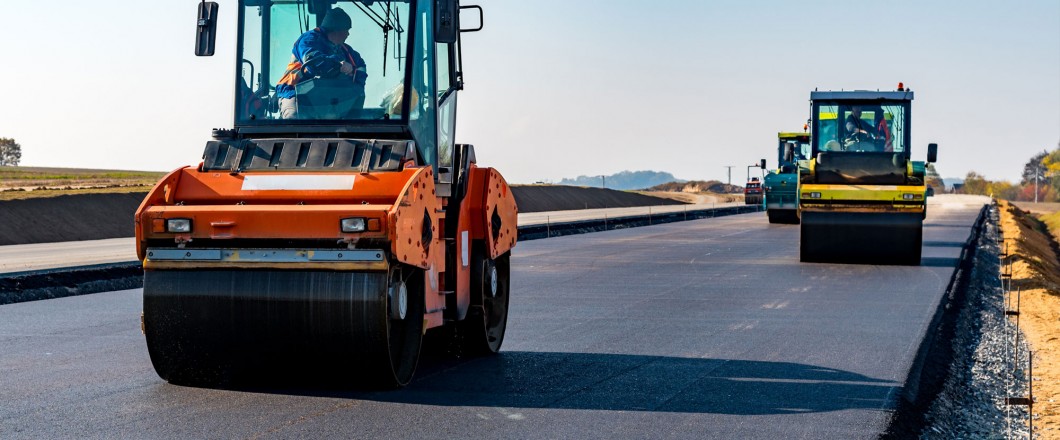Fire Mitigation Insurance and Home Insurance Cover
A “fire mitigation specialist” is a professional who focuses on preventing, controlling, and extinguishing fires. Often they will be involved in building design and the erection of buildings, as well as inspecting current ones for any damage or safety hazards. They will often attend training sessions and be required to take further qualifications after completing their Fire Mitigation course. This is normally undertaken by local fire authorities, who believe that people’s health and safety can be improved by improving the fire risks in their area.
There are various types of fire risk, which Tree Service must deal with. The most common ones are from heat, electrical ignition, gas leaks, cooking matters, and combustible liquids. Once a Fire Manager has attended their course, they will be assigned a team to deal with each area of concern. This team will work together, taking into account the fire risk, the local buildings, and the specialist’s experience and knowledge.
Fire Prevention is a key factor in reducing fire risk. People’s homes should always be vented to the outside, and any fire risk should be immediately brought up with a fire plan. There should also be regular checks carried out to ensure that everything is working according to plan. This will allow a fire Manager to deal with any fire emergencies quickly. One of the key elements to this is fire protection, which is carried out using fire protection equipment. Fire Stopping can be achieved in many ways, with fire doors, sprinkler systems, alarms, fire traps, and plenty of ladders around the home.
Where there is a risk of a fire occurring, it can be controlled effectively by a Fire Manager. Some common methods used include making the property as fire-proof as possible, ensuring there is no access to the root areas of the property, and cutting off the fuel supply. They may also use high-tech fire protection equipment to cut off the fuel supply. This will stop the spread of the fire and prevent smoke from reaching other parts of the property or worse, the neighboring properties.
Home insurance policies often cover damage to homes and property if there is a fire risk, so it is wise to ensure that you are fully covered by your policy. If there is an actual fire, it is important to call the fire brigade straight away and get the fire department on the way as soon as possible to put off any more damage. The longer a fire gets, the more damage it can cause. Therefore, the quicker you get the fire taken care of the better for your property and your health.
It is crucial to make the property as fire-proof as possible, to reduce the risk of fire hazards developing. This can be achieved in many ways, with specialized extinguishers fitted onto the property. They should be used regularly to smother any fire hazards. If they are used incorrectly, the fire can still develop. Ensuring that all windows and doors are properly sealed is another way to prevent fire hazards from developing.
Another way of preventing fire hazards from developing is by making sure that all equipment and installations in the property are kept in good working order. As people work on or near the property, they need to be aware of the potential fire hazards and ensure that they use them correctly. The use of flammable substances is a major fire hazard, as is the use of electrical equipment and devices. If these things are not kept in good working order, then they could prove to be quite deadly when they are used incorrectly.
Many people are not aware of the need to take out home insurance cover and fire protection insurance when they are living in rented accommodation. As well as taking out the necessary fire protection insurance, it is also vital to remember to keep up with any improvements being made to the property. If there is a new water pipe or electric panel installed, for example, this needs to be declared to the landlord and should be agreed to before it is carried out. This is especially true if there is an increase in the size of the property.

Comments are Disabled